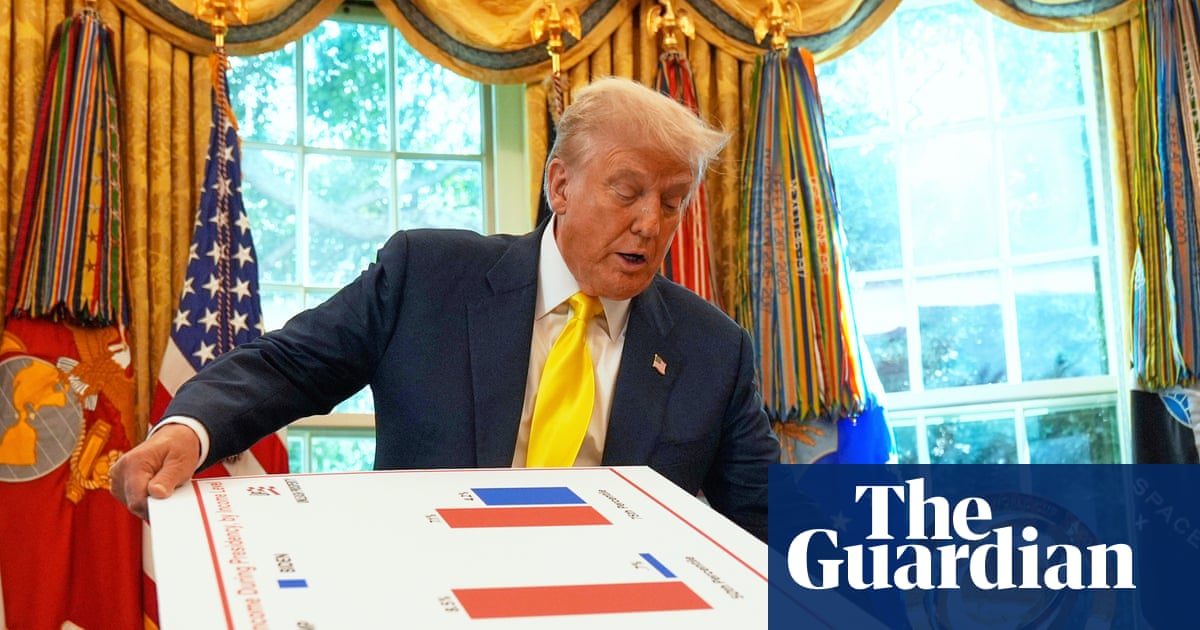
"where the Brexit referendum that year had been won by a campaign that misrepresented key facts and figures. A rich lexicon soon arose to describe this epistemic breakdown. Oxford Dictionaries declared post-truth their 2016 word of the year; Merriam-Webster's was surreal. The scourge of fake news, pumped out by online bots and Russian troll farms, suggested that the authority of professional journalism had been fatally damaged by the rise of social media."
"And when presidential counsellor Kellyanne Conway coined the phrase alternative facts a few days after Trump's inauguration in early 2017, the mendacity of the incoming administration appeared to be all but official. The truth panic had the unwelcome side-effect of emboldening those it sought to oppose. Fake was one of Trump's favourite slap-downs, especially to news outlets that reported unwelcome facts about him and his associates. A booming Maga media further amplified the president's lies and denials."
2016's political shocks triggered widespread anxiety about the erosion of objective knowledge, with Britain's Brexit campaign misrepresenting facts. New terms such as post-truth and surreal captured an epistemic crisis while fake news generated by bots and Russian troll farms undermined professional journalism. Kellyanne Conway's phrase alternative facts made official mendacity seem normalized, and Trump's repeated dismissal of unfavorable reporting as fake, amplified by booming MAGA media, reinforced denial. Hannah Arendt's warning about subjects who cannot distinguish fact from fiction became a touchstone. By 2025 the dominant diagnosis shifted toward pervasive stupidity as a principal danger, gaining credibility across the political spectrum.
Read at www.theguardian.com
Unable to calculate read time
Collection
[
|
...
]